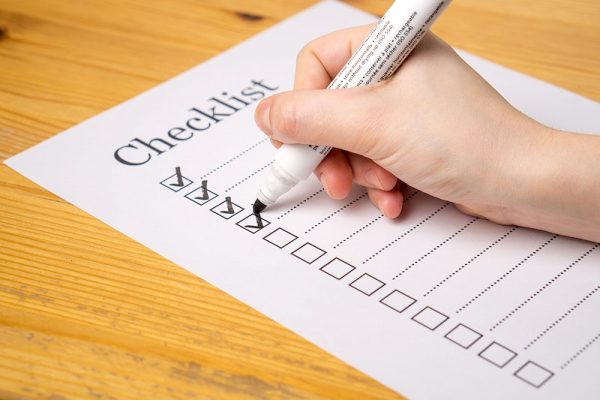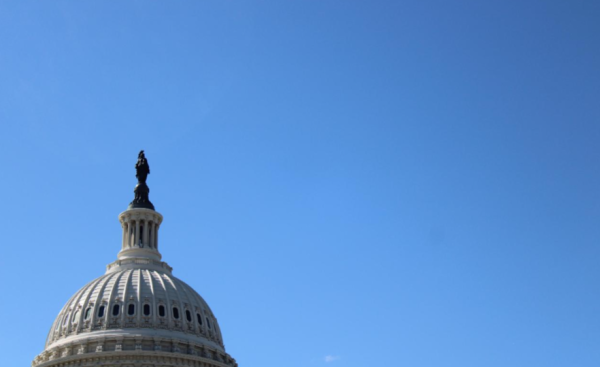History repeats itself

HISTORY REPEATS. This was not the first time the U.S has invaded the personal freedoms of american citizens during a crisis for the “greater good.” How has this compared to previous instances of civil liberty violation and how has this extended quarantine affected the workforce?
In our country’s history in times of crisis, we have often given up personal freedoms in order to serve the greater good. This has happened before and it is happening now.
In 1942 during World War II, people of Japanese descent were interred into isolated camps despite their constitutional rights. It happened again after September 11, 2001, when the United States detained hundreds of thousands of people giving them little to no human rights at Guantanamo Bay prison camp to question them. It also happened when Congress enacted the Patriot Act which authorized mass surveillance of citizens by the government, often requiring technology and telecommunications companies to provide what would otherwise be private information.
Now with Covid-19, the United States has put most of America under house arrest for more than 53 days. The once thriving US economy was brought to a shrieking halt. Now, many are suggesting that individuals should allow the government to surveil their every move through a smart phone app in order to trace contact with those who may have the coronavirus.
In all of these instances, the government took these measures to “protect” American citizens. In hindsight of history, we often look back and realize it was government overreach. But how much of our freedom will we sacrifice and for how long in 2020? Whatever happened to the phrase “give me liberty or give me death?”
Obviously we must protect high risk individuals from the Covid-19 virus. The toll of this lockdown is not temporary and could very well span years. While there is a strong focus on the health of the at risk individuals we can not overlook how this affects the economy and the unintended consequences of a high unemployment rate. The concern of the economy shutting down is not only held by big executives, but small business owners. Small businesses are actually taking the larger toll out of this virus. According to Fundera, there are 30.2 million small businesses in this country. Small businesses comprise 99.9% of all United States commerce.
In New York City, 27,000 restaurants are being restricted to take out and delivery. The owner of Melba’s, a prominent restaurant in Harlem, said in an interview with CBS 60 minutes that she had to lay off 24 of her employees.
“If you are looking at the bigger picture across New York, you are looking at restaurants, you are looking at nightlife, and you are looking at almost a half a million people who do not have jobs, cannot feed their families, cannot pay their bills, and do not know where their next meals are coming from. That is despair, that is devastation” said Melba Wilson, owner of Melba’s.
Now people are stuck at home with no job and no way to be self sustaining, in some places they can not even buy groceries that are not “essential items.”
In Michigan, hardware and home improvement stores are required to block off areas selling non-essential products, such as carpeting, flooring, furniture, garden centers, plant nurseries and paint.
“If you are not buying food or medicine or other essential items, you should not be going to the store,” said Gov. Gretchen Whitmer.
Despite the benefits of the quarantine, this is not a sustainable way of life for such an extended period of time. While some argue we can stay in quarantine indefinitely or until there is a cure for the Covid-19 virus, the larger harm to our society may far outweigh the immediate infection risk . When we look back on this time period with the benefit of hindsight, will we regret how many of our constitutional rights we so easily gave up?
Your donation will support the student journalists of Sycamore High School. Your contribution will allow us to purchase equipment and cover our annual website hosting costs.






